Is Rejuran Haram? A Deep Dive Into Halal and Haram in Skincare
In the ever-evolving world of skincare, Rejuran has emerged as a buzzword, particularly for those looking for anti-aging solutions and improved skin health. But for Muslims seeking to align their skincare choices with Islamic principles, one question arises: Is Rejuran haram? In this article, we’ll explore the intricacies of halal and haram in skincare and take a closer look at Rejuran’s composition and usage.
What Is Rejuran and How Does It Work?
Rejuran is a skincare treatment derived from polynucleotides (PN), substances extracted from salmon DNA. This innovative treatment aims to regenerate damaged skin, improve elasticity, and promote collagen production. Its popularity stems from its ability to target common skin concerns such as fine lines, wrinkles, and acne scars.
While Rejuran has gained recognition for its effectiveness, its ingredients and origins raise concerns about whether it is halal or haram. Before diving into this, let’s clarify some key terms and their relevance in Islamic teachings.
Understanding Halal and Haram in Skincare
The terms halal (permissible) and haram (forbidden) are fundamental in Islam. For a product to be deemed halal, it must adhere to specific guidelines. For skincare, these include:
- Source of Ingredients: Ingredients must not originate from forbidden substances, such as pork or alcohol.
- Production Process: The manufacturing process should avoid contamination with haram substances.
- Purpose of Use: The product should serve a beneficial or neutral purpose and not cause harm.
Given these considerations, determining whether Rejuran aligns with halal principles requires an in-depth look at its composition and sourcing.
Is Rejuran Haram or Halal?
The primary concern with Rejuran lies in its use of salmon DNA. While salmon itself is permissible (halal) in Islam, questions arise regarding the extraction process and whether any haram substances are used during manufacturing. Additionally, the method of application (injections) can influence its permissibility.
Islamic scholars have debated these points, often requiring laboratory testing and certification to ensure compliance with halal standards. Without proper certification, the ruling on Rejuran remains inconclusive for some Muslims.
How Long Does Rejuran Last?
One of the most frequently asked questions about Rejuran is: How long does Rejuran last? Typically, the effects last for six to nine months, depending on the individual’s skin type and maintenance routine. This longevity makes it a popular choice for those seeking long-term results.
For those concerned about its halal status, it’s crucial to evaluate not only the ingredients but also the longevity and frequency of treatments.
External Perspectives on Rejuran
Learn more about the benefits of salmon DNA in skincare. Salmon DNA is recognized globally for its regenerative properties, making it a valuable ingredient in modern skincare solutions. Understanding its scientific foundation can help consumers make informed choices.
The Role of Certification in Skincare Products
For Muslims, halal certification plays a pivotal role in product selection. Certifications ensure that:
- The ingredients are sourced from permissible origins.
- The manufacturing process avoids cross-contamination.
- The product complies with Islamic guidelines.
Rejuran, being a relatively new product, has yet to receive widespread halal certification, which adds to the confusion for Muslim consumers.
Anecdotes: Real-Life Experiences
Consider Fatima, a 35-year-old woman living in Dubai. She wanted to try Rejuran for her acne scars but hesitated due to concerns about its halal status. After consulting her dermatologist and researching halal certifications, she opted for a certified alternative, prioritizing her faith over aesthetics.
Stories like Fatima’s highlight the importance of balancing personal care with religious beliefs.
Step-by-Step Guide to Choosing Halal Skincare
For those navigating the skincare industry with halal considerations in mind, here’s a step-by-step guide:
- Research Ingredients: Look for transparency in ingredient lists and avoid products with alcohol or animal-derived components.
- Seek Certification: Prefer products with official halal certification.
- Consult Experts: Speak with dermatologists familiar with halal requirements.
- Read Reviews: Learn from the experiences of others who share similar concerns.
- Test for Yourself: If unsure, patch test a product and observe its effects before full application.
This approach ensures that you align your skincare routine with your values without compromising on quality.
Alternatives to Rejuran
For those unsure about Rejuran’s halal status, several certified halal skincare products offer similar benefits:
- Halal-Certified Serums: Look for products with collagen-boosting ingredients.
- Natural Oils: Argan oil and rosehip oil are excellent for skin rejuvenation.
- DIY Remedies: Aloe vera and honey masks can help improve skin texture naturally.
These alternatives provide peace of mind and effective results.
Final Thoughts: Is Rejuran Haram?
The question “Is Rejuran haram?” doesn’t have a definitive answer without further analysis and certification. While the use of salmon DNA raises valid concerns, the lack of transparency in manufacturing processes complicates the matter.
Muslim consumers are encouraged to conduct thorough research and consult scholars or halal certification bodies before incorporating Rejuran into their skincare routine. Until clearer guidance is available, exploring halal-certified alternatives is a safer choice.
Ultimately, skincare decisions are deeply personal, and balancing them with religious principles ensures both physical and spiritual well-being.
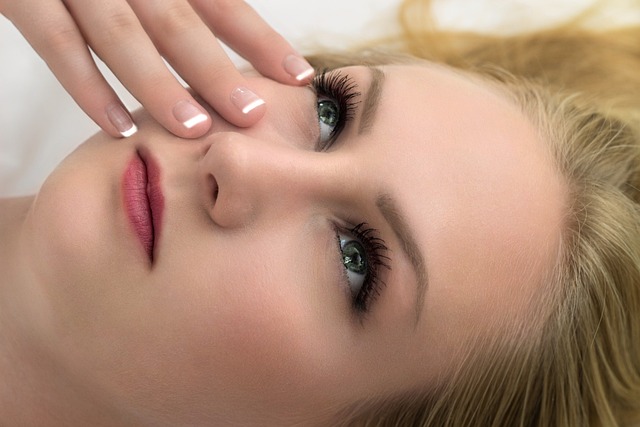
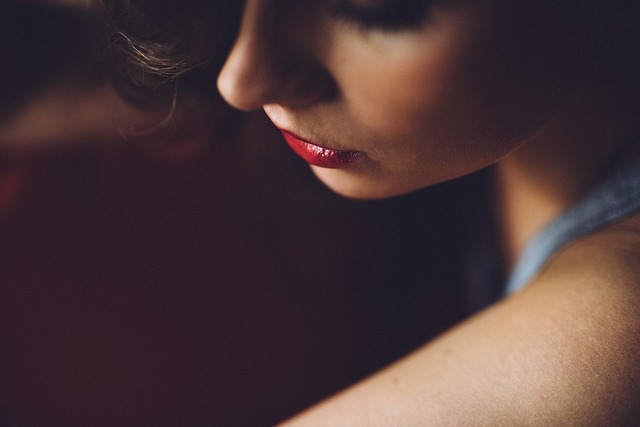
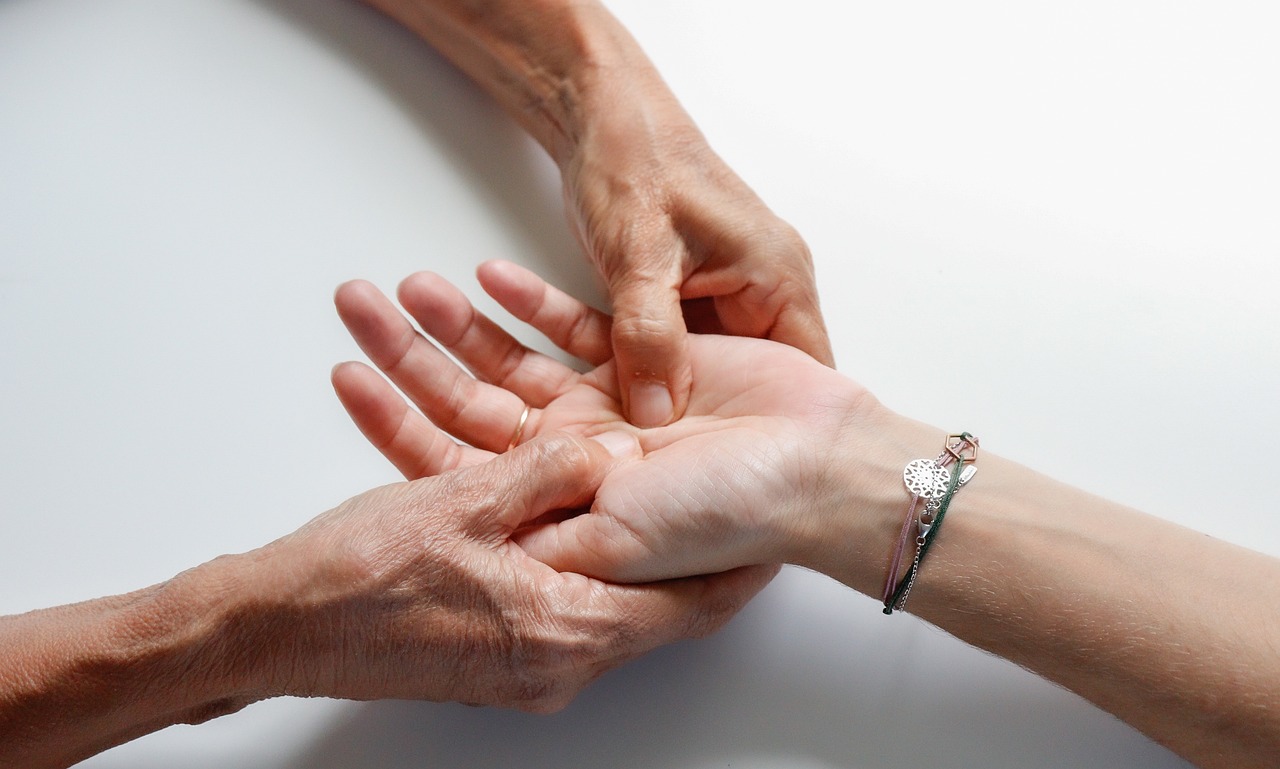
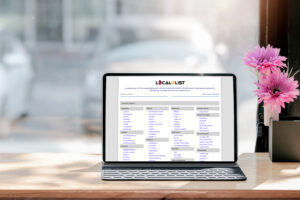



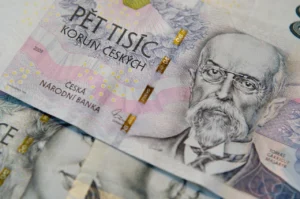

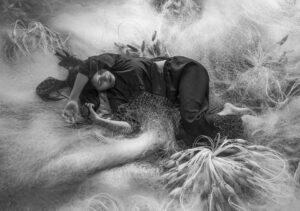
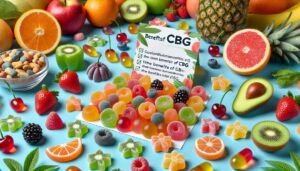


Post Comment